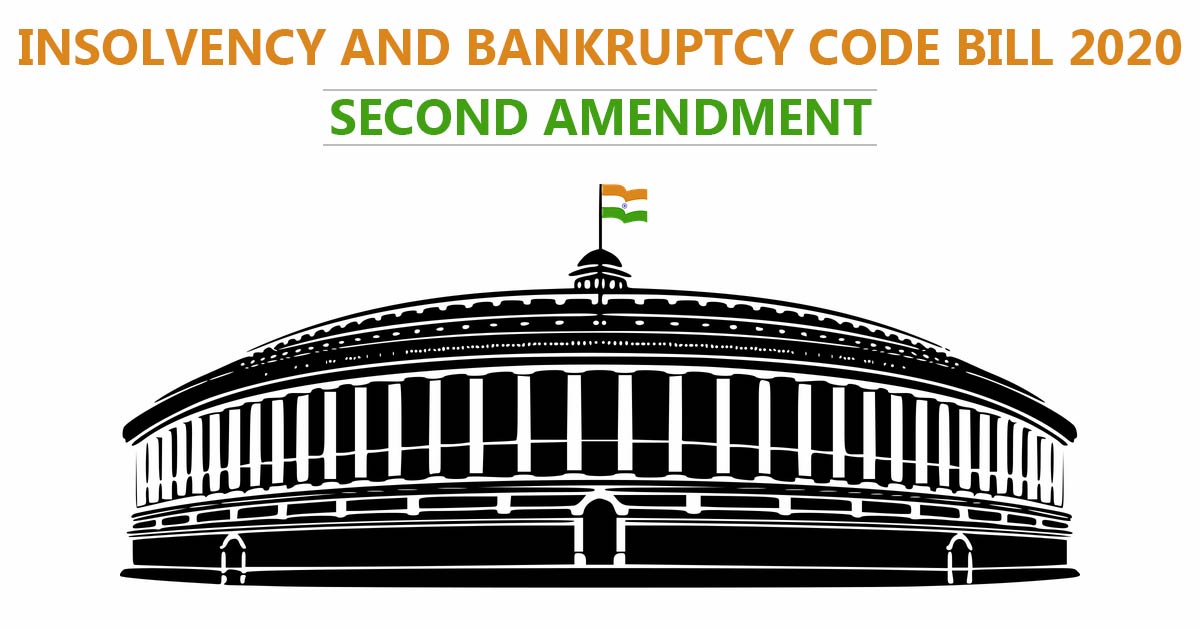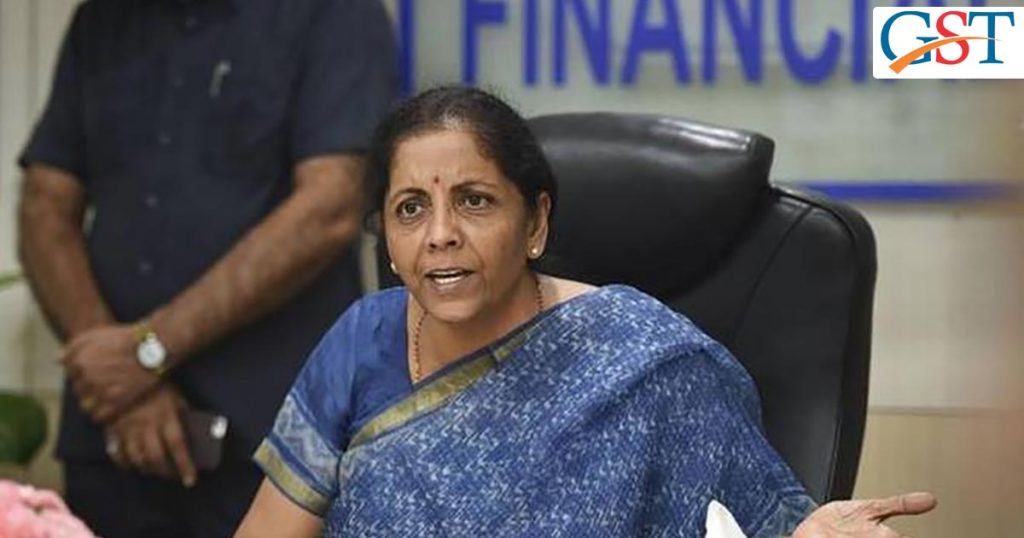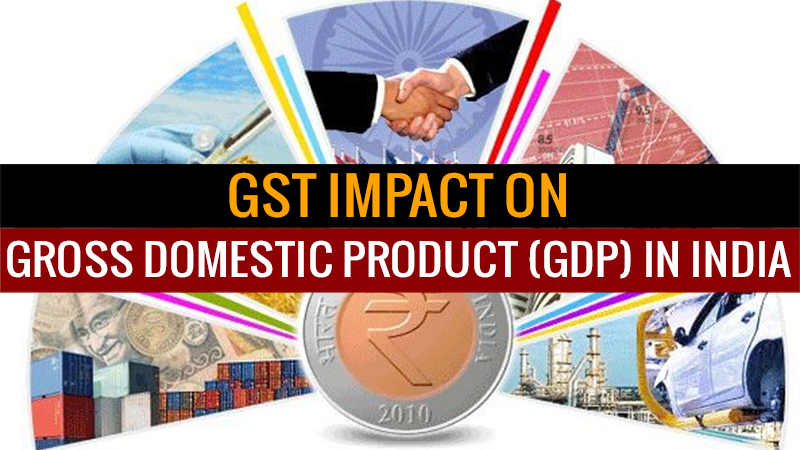
The Insolvency and Bankruptcy Code (Second Amendment) Bill, 2020 has now been cleared from both the houses of Parliament. It was already cleared by the lower house of Parliament, Lok Sabha, earlier and was pending in the upper house of Parliament but now the Rajya Sabha has also cleared the bill with the majority. The Bill was introduced in Lok Sabha on 12th Dec 2019, before the promulgation of a similar ordinance named The Insolvency and Bankruptcy Code (Second Amendment) Ordinance on 28th Dec 2020.
Highlights
- The code has now given the power to the creditors that they can initiate an insolvency resolution if the company fails to make any payments to them. In the case of real-estate companies, at least 10% of homebuyers or 100 such individuals, whichever is less, can start the process.
- The creditors will not be able to initiate the process if they have failed to provide the necessary supplies to the company if the company has paid the current dues during the moratorium period.
- If the management of the company changes prior to the process then the company will not be held liable for any offense.
- The process can only be started after the appointment of IPR (Insolvency Resolution Professional) on the date of application (also called date of start of the procedure) to the National Company Law Tribunal (NCLT).
Read Also: Lok Sabha Passes the Bill for Reduction in Corporate Tax 
Issues and Analysis
- The rule of 10% or 100 homebuyers is quite unclear. Such creditors may or may not know the details of other creditors.
- The provision of providing supplies regularly is not accurate. The provision will lead to negotiations between the creditor and the company. The creditor may not trust the company with the supplies now as the company is already in default regarding the payments.
- The provision of providing the supplies, even if the current dues are paid by the company, is void and weak. It is not fair that the creditors have to supply the goods

Key Features
- Threshold of Creditors – The Bill enables the creditors to commence insolvency resolution process if the total amount of default exceeds INR 1,00,000. The application should be filed by 10% of creditors or 100 individuals amongst such creditors whichever is less.
- Continuous Supply of Critical Goods – The code states that the creditor can not stop the supplies of critical goods listed by the IPR during the moratorium period (the period for which the NCLT ceases all legal actions against the debtor). This is done to ensure that the debtor can continue his regular or daily business ongoings easily. The creditors can stop the supplies under special circumstances listed under the code.
- No Termination of Licenses, Permits, etc – The code states that the current licenses, permits, registrations, etc. can not be canceled just because of insolvency. The company can retain the documents as long as it pays the current dues regularly during the process.
- Liabilities of Previous Offenses – The company will not be held liable for the failure in the payment before the commencement of insolvency procedures. The previous liabilities will be ceased and will further be operated on the directions of NCLT. The company will be enjoying immunity form such offenses but immunity will be provided only if the management of the company is changed because of the insolvency resolution. The new management will not be including a promoter or related person or any other suspicious person.
- Appointment of IRP – The Insolvency Resolution Professional should be appointed within 14 days form the application to the NCLT. The date of commencement of the IR process will be the same as the date of appointment of IRP.
Read Also: GST Impact on Gross Domestic Product (GDP) in India 









